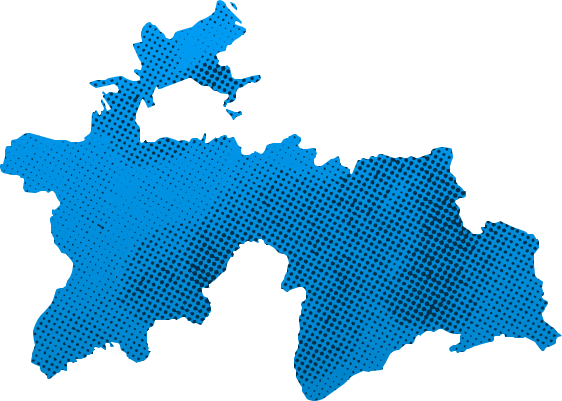
Volunteer statistics (ILO)*
Source: ILOSTATS. The data is collected by ILO from national statistical offices. As national statistics on volunteer work are produced using a variety of approaches and tools, direct and cross-country comparisons are not recommended. For more information, visit https://ilostat.ilo.org/topics/volunteer-work/
2016
Total volunteering by gender
Direct volunteering by gender
Organization-based volunteering by gender
Measurement work
Data source
- 2007
- 2008
- 2009
- 2010
- 2011
- 2012
- 2013
- 2014
- 2015
-
2016
- Labour Force Survey
- 2017
- 2018
- 2019
- 2020
- 2021
- 2022
- 2023
- 2024
- 2025
- 2026
Laws, Policies, Schemes on Volunteering
Does the country have a piece of legislation on volunteering?
Does the country have a national policy, scheme, plan or strategy specific to volunteering?
No data
Does the country have a sectoral and cross-sectoral policy, scheme, plan or strategy that mentions volunteering?
NoVNR Reporting
Voluntary National Review
View sourceGreen Development for Shared and Sustainable Prosperity - Voluntary National Review
View sourceUNSDCF Reporting
The Government of Tajikistan & United Nations Sustainable Development Cooperation Framework 2023-2026
View sourceVolunteering integrated into the narrative text of the UNSDCF
Paragraph 1, page 3
To respond, the CF is focused on reaching vulnerable groups to ensure they are not left behind. CF results will be achieved in broad partnership with civil society organizations (CSOs) and volunteer groups, non-governmental organizations (NGOs), the human rights institutions, academia, media, the private sector, and international partners.
Paragraph 2, page 14
UN cooperation will support efforts to shift disaster preparedness from the realm of policy and plan to implementation, with multi-stakeholder engagement of communities, particularly women, young people, CSOs and volunteer groups and the private sector in the planning and implementation of disaster risk reduction (DRR) strategies.
Paragraph 3, page 14
UN cooperation will support efforts to shift disaster preparedness from the realm of policy and plan to implementation, with multi-stakeholder engagement of communities, particularly women, young people, CSOs and volunteer groups and the private sector in the planning and implementation of disaster risk reduction (DRR) strategies. Integrated, costed and data-informed DRR plans will be supported in targeted regions and municipalities, including scenarios and planning to address largescale human displacement.
Paragraph 4, page 17
Civil society engagement: Under all outcomes, the UN system will partner more consistently and strategically with civil society. Civil society organizations (CSOs) including academia and volunteer groups perform a vital role to mobilize and strengthen public participation in policy making and the delivery of essential services.
Paragraph 5, page 18
The programme will be nationally executed under the overall co-ordination of the Ministry of Economic Development and Trade. Government coordinating authorities for specific UN system agency programmes are noted in Annex C. Government Ministries, NGOs, INGOs, volunteer groups and UN system agencies will implement programme activities. The CF will be made operational through the development of joint work plan(s) (JWP) and/or agency-specific work plans and project documents as necessary which describe the specific results to be achieved and will form an agreement between the UN system agencies and each implementing partner as necessary on the use of resources.
No mention